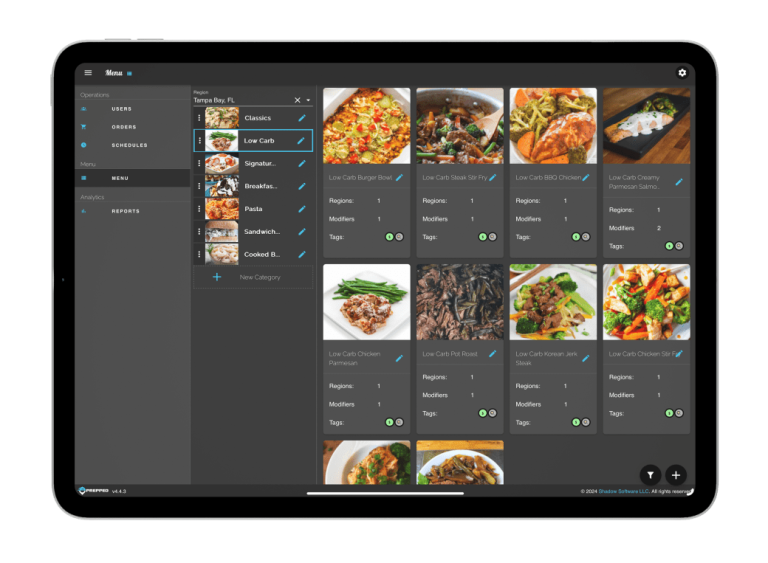Optimizing Nutrition and Care through Dietetics in Nursing Homes – Enhancing Meal Planning in Nursing Homes
Enhancing Nursing Home Meal Planning is integral to improving the overall health and satisfaction of residents. A crucial aspect of this process involves partnering with skilled dietitians who play a pivotal role in tailoring dietary plans that cater to individual health requirements and preferences. The collaboration between dietitians and culinary teams can significantly elevate the mealtime experience in nursing homes, turning it into a cornerstone of care and comfort.
The Importance of Specialized Meal Planning in Elder Care
In the context of Assisted Living Facilities and nursing homes, meal planning transcends mere nutritional intake. A dietitian’s expertise is essential not just for crafting meal plans that meet the medical and dietary needs of each resident, but also for ensuring that these meals contribute to the residents’ overall health, mental well-being, and quality of life. This attention to detail is particularly crucial in assisted living and nursing home environments, where residents may have complex health issues that require specialized diets.
Moreover, the unique challenges posed by aging—including decreased mobility, varying levels of dependency, and chronic health conditions—make thoughtful meal planning and execution indispensable. Therefore, employing comprehensive meal planning software for dietitians becomes a strategic investment, promoting efficiency and personalized care.
Dietitians: The Architects of Holistic Nutritional Strategies
Every resident in a nursing home has unique dietary requirements, influenced by their medical condition, nutritional needs, and personal taste preferences. Dietitians are trained to assess these diverse factors and develop comprehensive meal plans. Their applied scientific knowledge helps ensure that every meal is balanced, nutrient-dense, and suited to the specific health requirements of the elderly.
For instance, a resident with diabetes may need a carbohydrate-controlled diet, while another with hypertension might require a low-sodium diet. It is the dietitian’s role to chart out these requirements into a daily meal plan that is both appealing and therapeutic.
Elevating Culinary Services in Nursing Homes
Implementing sophisticated meal planning software, like the Prepped Culinary Software, gives dietitians and kitchen staff the tools they need to execute high-level meal planning and preparation. This technology not only streamlines the process of menu creation but also ensures consistency and precision in dietary management across the facility.
The software typically features meal customization tools, nutritional analysis, allergen management, and inventory control, all of which are essential for smooth culinary operations in a Life Care Facility. Moreover, meal planning technology can lead to better resource management, reducing waste and optimizing food costs—critical factors in managing extensive facilities.
Case Studies: Transformation Through Dietetics
Consider a nursing home that once struggled with generic meal plans that overlooked individual preferences and health needs. By incorporating the service of a dietitian and leveraging advanced meal prep software, the facility was able to offer personalized meals, improve resident satisfaction, and meet specific dietary regulations effectively.
In another instance, a Nursing Home faced challenges with meal variety and nutritional adequacy. The introduction of a dietitian into their team and the adoption of comprehensive meal planning tools allowed for a broader range of menu options and enhanced nutritional content, significantly improving the wellbeing of its residents.
Conclusion: Comprehensive Care through Advanced Meal Planning
Enhanced Nursing Home Meal Planning is not just about adhering to dietary needs but also about elevating the overall living experience of elderly residents. Dietitians, equipped with the right tools like Prepped Culinary Software, are pivotal in this transformation. They ensure that meals are not only nutritious and safe but also delightful and varied, catering to the tastes and health needs of every individual.
In facilities like Assisted Living Residences and life care centers, where the quality of care is paramount, the role of dietitians in meal planning is indispensable. By focusing on specialized dietary planning and leveraging advanced technologies, nursing homes can significantly enhance their service quality, ensuring that their residents not only live but thrive.












